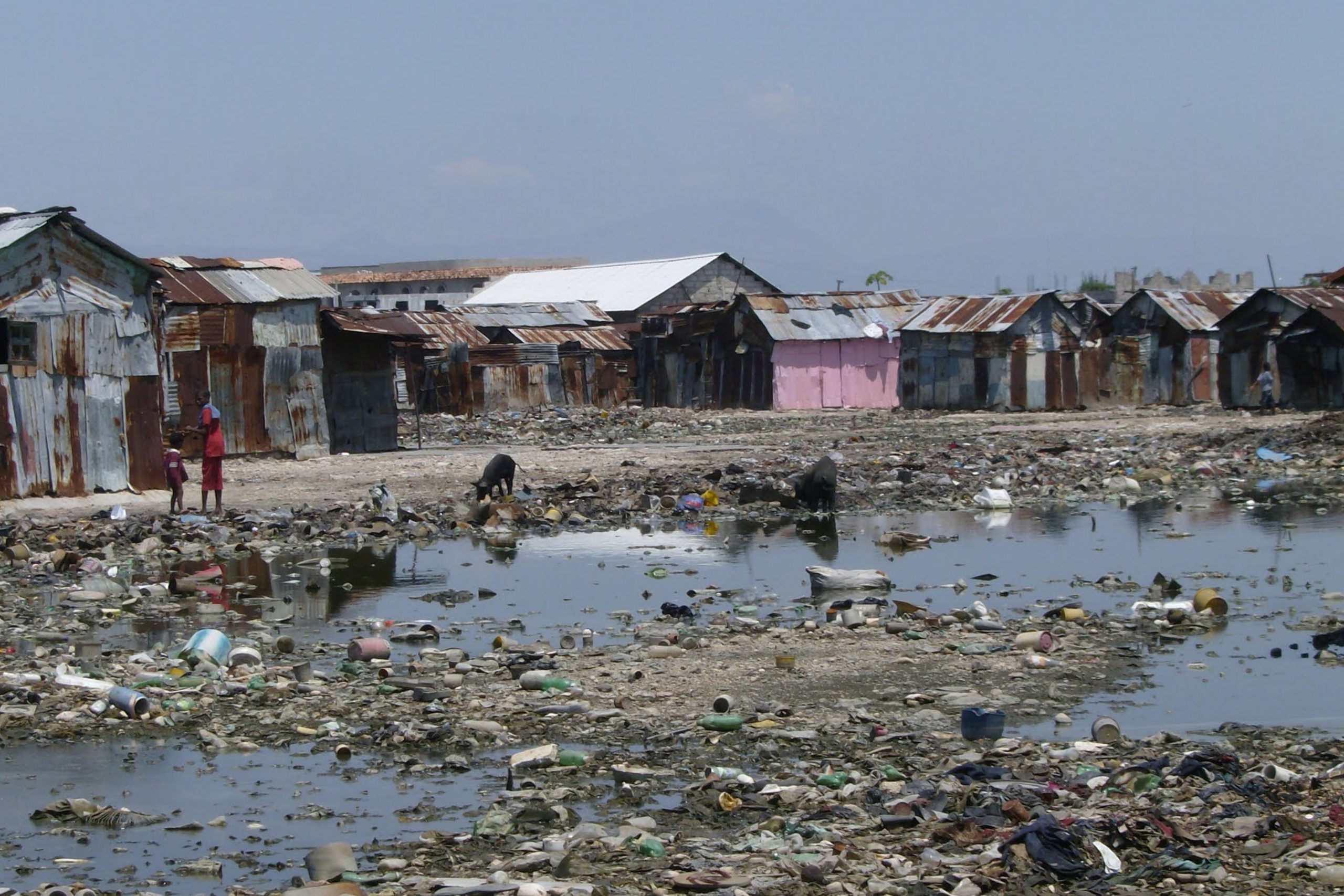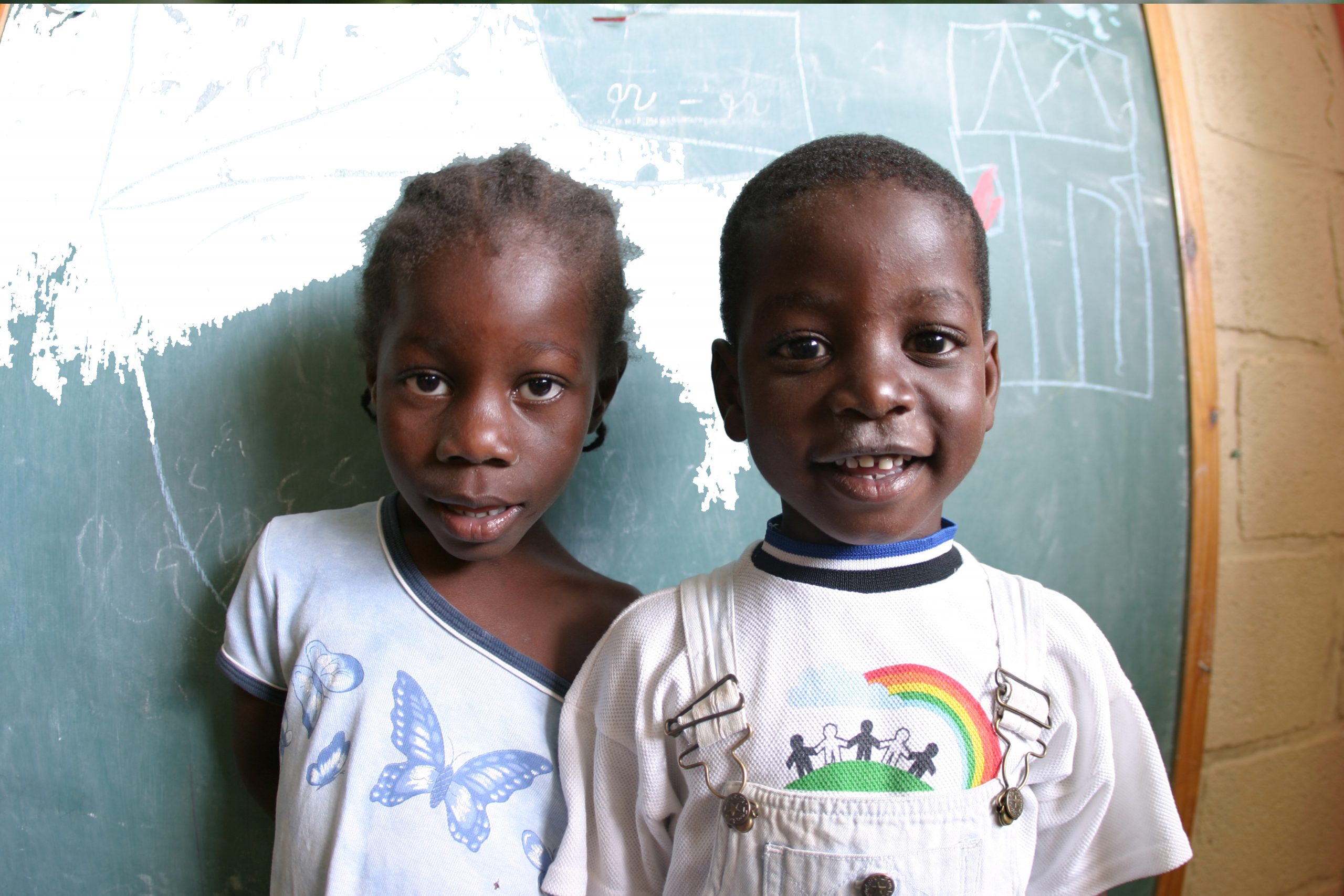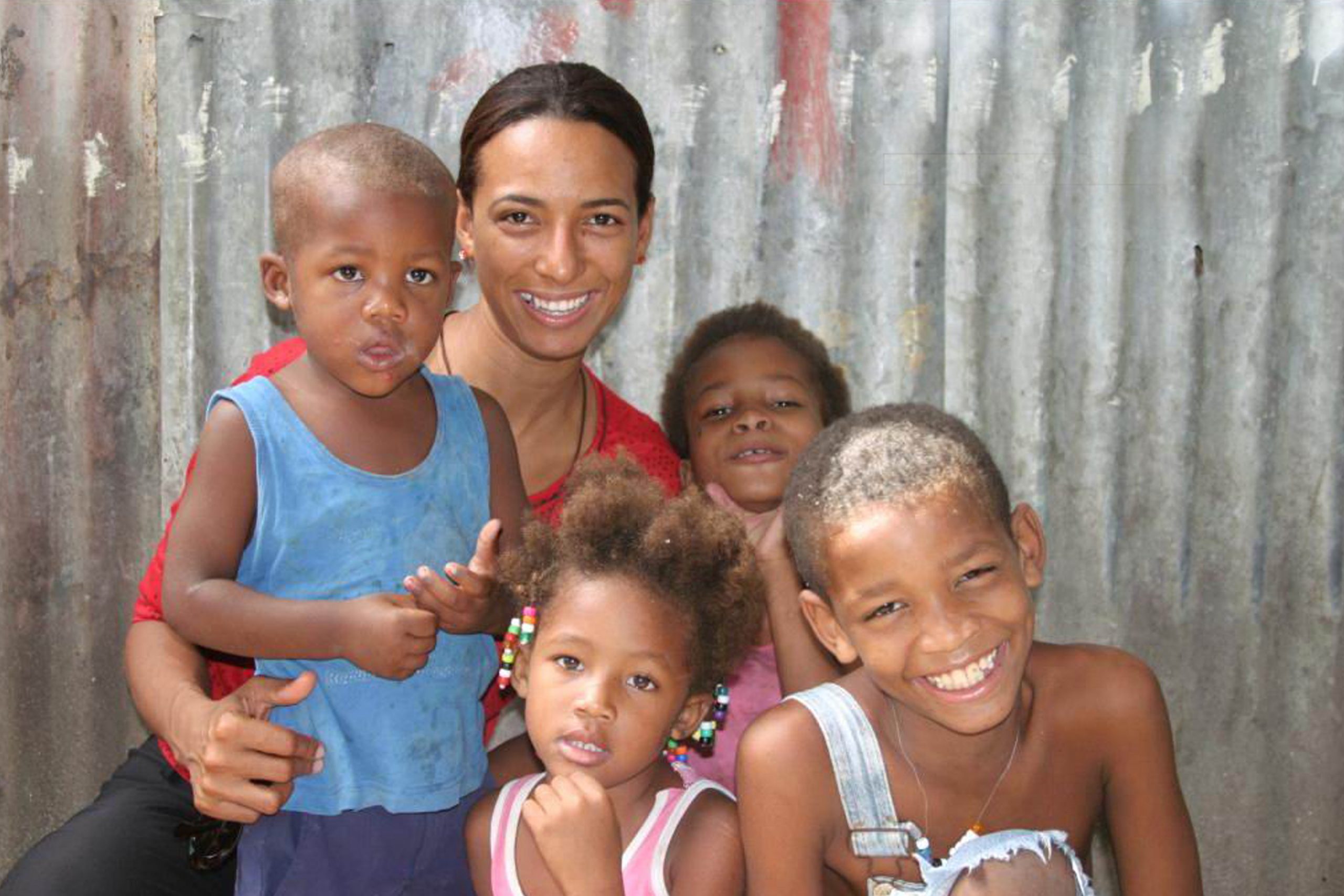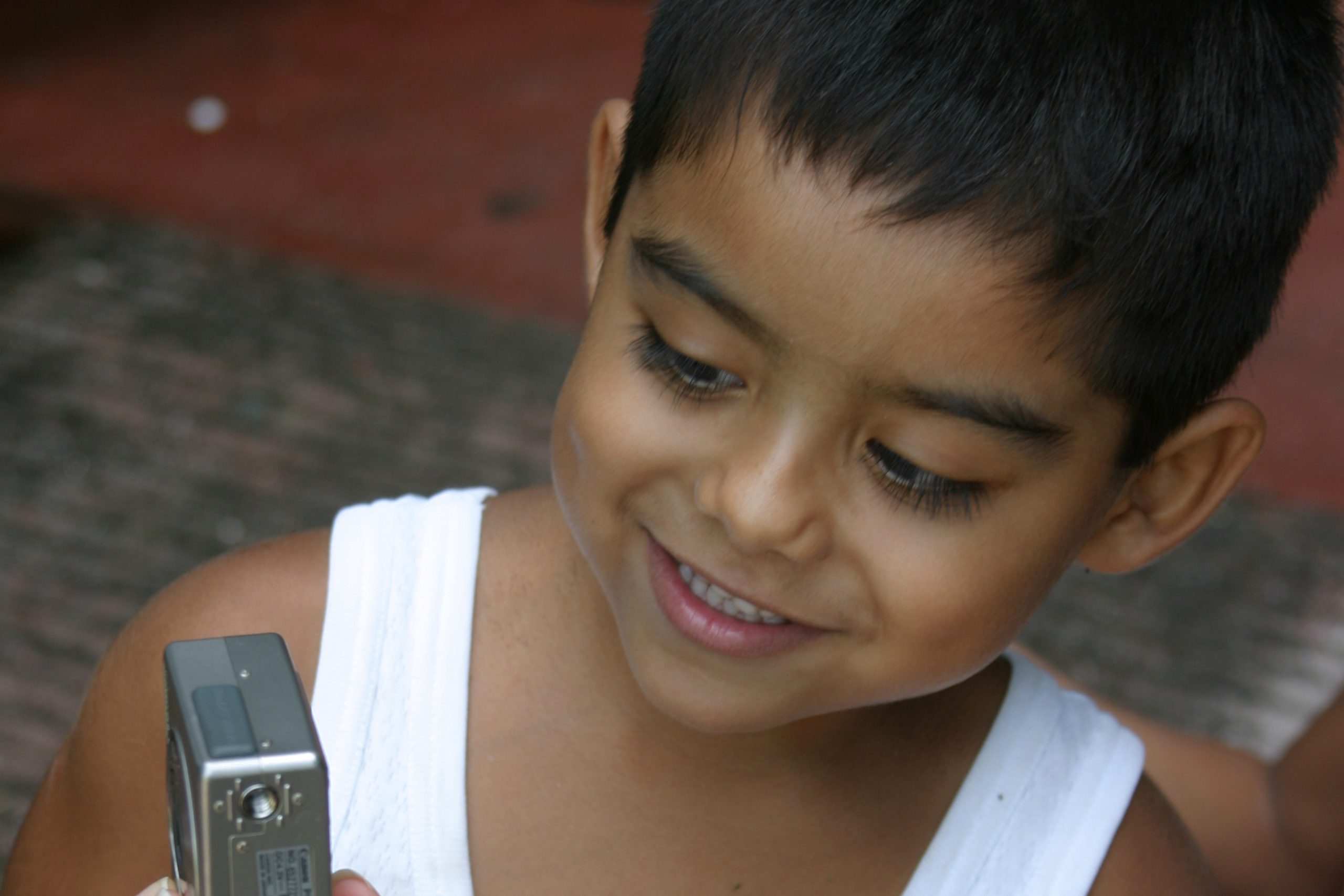Diyite
NGO in cooperation with Haiti
The director of Diyite, Maria Antonia Blasco, reported to us on October 2: “I would like to tell you already that your 1,000 dollars have been used. Half of it was used for food aid, and the other $500 was used for two missions of the mobile clinic and medicines. The second mission was very impressive: people were treated non-stop for seven hours. Poor Dr. Gabriel on site is exhausted but happy. I will send the detailed report, and expenditure summary with photos and videos soon.”
She sent a video greeting from Haiti, available here: https://bit.ly/diyite_1
Learn more about the background and why Diyite’s support is so meaningful (and why we chose them):
The Diyite organization (the name is Creole and means “dignity”) was founded by Maria Antonia Blasco in Barcelona after she had made numerous trips to Haiti since 1999 and had come to appreciate the country and its people. She had been particularly impressed by the strength and resourcefulness of the women in the rural areas. Often it is the women who provide for the whole family. Or at least try to do so with the modest means at their disposal. More than a decade ago, Maria Antonia, therefore, founded a microcredit program, which provided the organization “Our Little Sisters and Brothers” in Germany, then headed by Stefan Gräfe, with the necessary capital. Since then, this project has been running and 400 women continuously receive a small loan, which they pay back over six months.
More important, however, is the care provided by the Haitian employee Maria Jose, who trains the women in many practical matters and establishes necessary contacts. For example, many families have fruit trees nearby and when the fruit is ripe, they sell the harvest. But during harvest season, prices are so low that it brings little income and only for a short time. So Diyite has organized courses on how to make jams, sterilize the jars, and also teach a few marketing tips. With small impulses, big developments become possible.
After repaying the loan, many women continued to deposit money – in a savings account, as it were. In this way, they have learned to finance sensible larger purchases. The entire project follows the rules of the Grameen Bank*. The economist Yunus was honored with the Nobel Peace Prize in 2006 for his commitment to fighting poverty in Bangladesh. His Grameen Bank, founded in 1983, grants microloans to the poorest people in the country, especially women. In our case in Haiti, five women are always jointly responsible for paying back the loan before new loans can be made.
The project has been running for a long time (still with the original money in circulation!). However, there have already been severe setbacks due to several natural disasters in the region. The recent earthquake and subsequent hurricane have also destroyed much. In these situations, a visit from Maria Jose is a ray of hope for the women. That’s because many live so isolated that the only way to get there is on foot. This means that virtually no help gets there. It is often enough to encourage people to find the strength and energy to build something for themselves again. Every sign of solidarity helps a lot and, of course, the payment deadlines are then also adjusted in a joint discussion with the women.
*the Grameen Bank has unfortunately come under criticism in recent years and with it the whole idea. In 2020, Deutsche Welle reported that critical reports about the benefits of microcredit were accumulating. “Several scientific studies failed to find any poverty-reducing effect of microcredit. Many borrowers remained stuck in a debt trap. Even many proponents of microcredit now meekly concede that the positive impact of microcredit is unclear.” To us, this criticism is very understandable, because there was a real boom in microcredit lenders over several decades. Even established banks sensed a business with high-interest rates. Diyite uses the interest to finance the salary of a local employee. And it is precisely their work that is the key to the success of microcredit programs and service that banks and even many organizations do not provide in this way. So, as is often the case, it’s not just about what you do, but more importantly, how you do it. And at Diyite we have the certainty that the social benefit is the goal and not the profit. So the project has been running for many years still with the original money, which is continuously paid back and lent out again. One can do something (good) after all!
Biohaus-Stiftung
Locally Haiti
Amis de Fond des Blancs
Emergency aid
More actions…
Education
Education is a basic human right. Padre Wasson knew what UNICEF describes: “Without quality education, children face considerable barriers to employment and earning potential later in life…
Family Support
Children often “happen” without being “planned”, whether in rich or in poor countries. But nevertheless we experience parents go out of their way to support their children and provide a home, food and education…
Discover more
Are you a parent? A sister or brother, aunt or uncle? Are you a finance person or touched by social issues? Or interested in family stories?…










